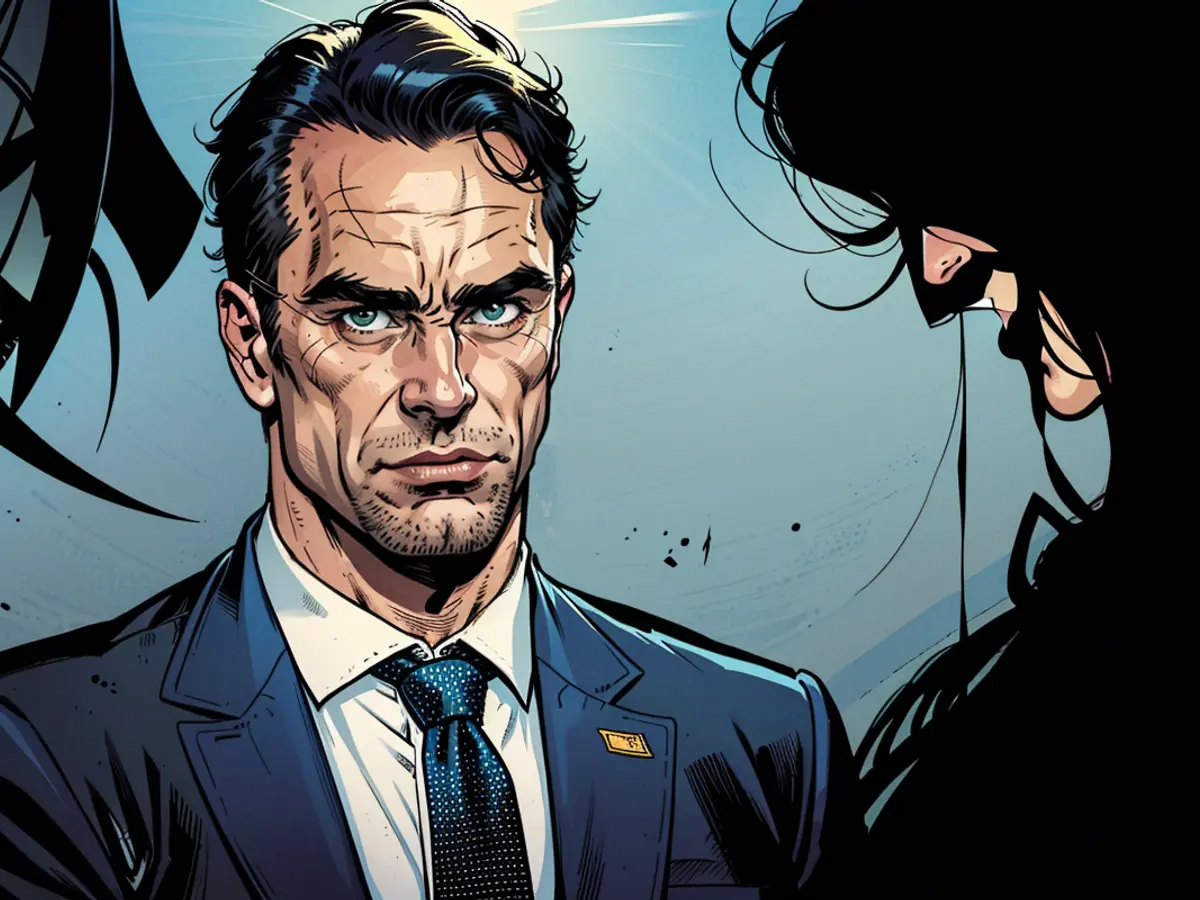Wüst doesn't rule out a coalition with BSW at the state level.
The Governor of North Rhine-Westphalia, Hendrik Wüst, isn't firmly against working with the left-wing alliance led by Sahra Wagenknecht (BSW) at the regional level. Wüst clarified on Thursday that Friedrich Merz, the leader of the CDU at the federal level, had already made it clear that cooperation at the federal level was off the table.
"Yes, we agree," Wüst told journalists in Düsseldorf. The BSW echoed this sentiment by staying away from Ukrainian President Volodymyr Zelensky's speech in the German parliament.
Still, Wüst advised careful consideration of who represents the BSW at the state level. In North Rhine-Westphalia, the Wagenknecht party doesn't hold much prominence. In the same European elections, the BSW only managed to garner 4.4% of the votes in North Rhine-Westphalia and 6.2% nationally.
Thomas Geisel, a former mayor of Düsseldorf who was also an SPD candidate for the European Parliament from North Rhine-Westphalia, is someone who doesn't warrant "constructing high walls," according to Wüst, a CDU member. "It's not about the significance of the BSW in North Rhine-Westphalia," said the chief executive. "But in places where it matters, our colleagues will make the right decision."
Read also:
Wüst's comments on working with BSW extend beyond the state level, as he mentioned the coalition as an option at the country level, but Merz had already ruled it out at the federal level. The BSW, despite their limited influence in North Rhine-Westphalia, has shown caution in engaging with international matters, such as Ukrainian President Volodymyr Zelensky's speech in the German parliament. Wüst, while acknowledging the BSW's limited prominence in his state, emphasized the importance of considering who represents them at the state level, underscoring the need for care in decision-making at various levels of governance.








